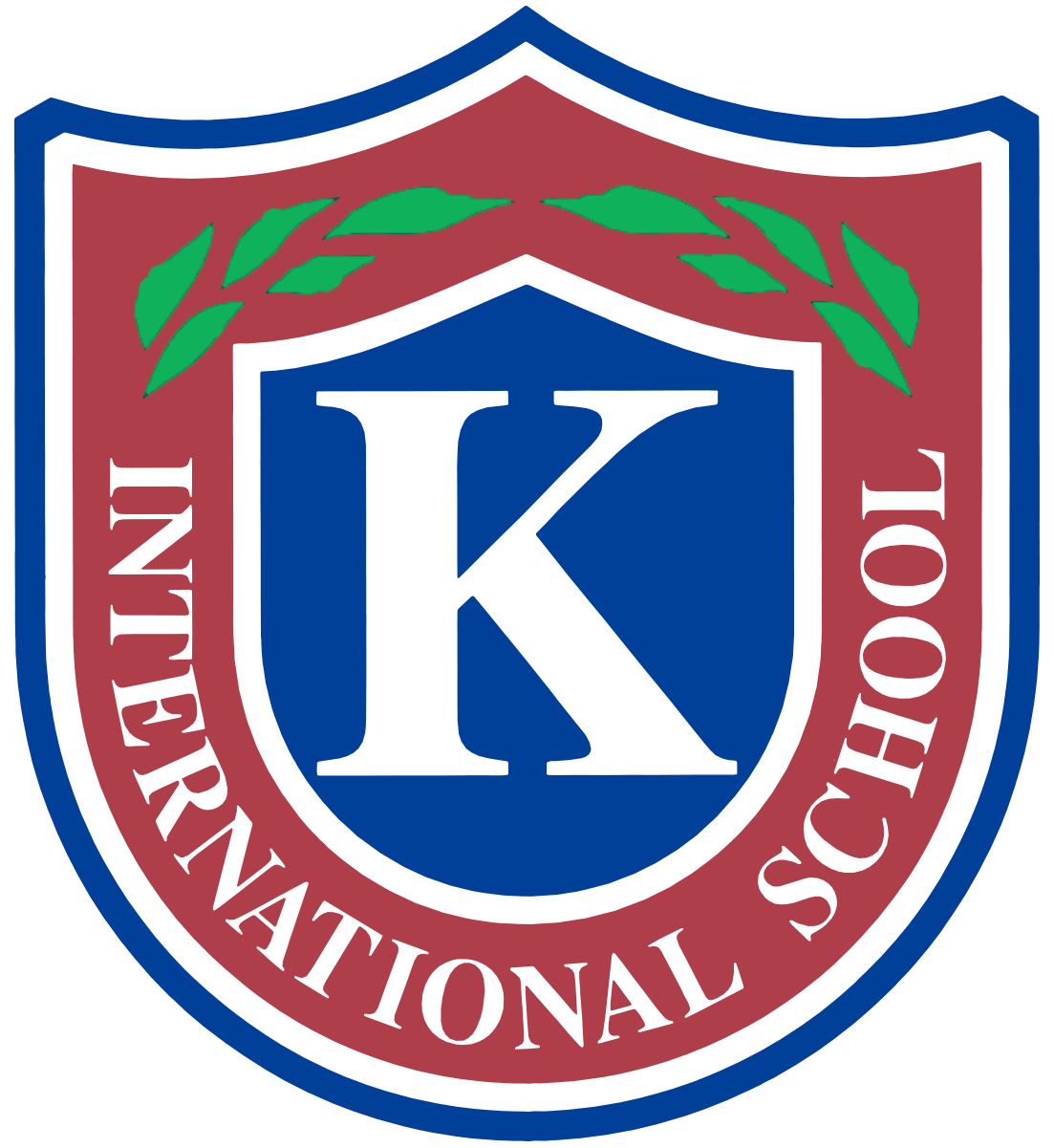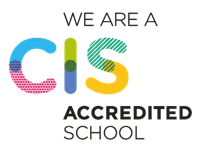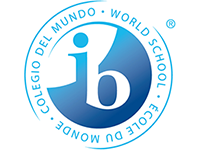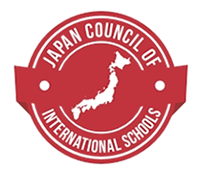At KIST, we are committed to providing opportunities for students to develop skills in information technology. Our approach to technology aligns with one of our guiding beliefs that states:
“Being a global citizen requires knowledge and skills in the use of technology; however, the ability to function independently and act promptly in the real world also requires core knowledge and skills independent of technology.”
In today’s rapidly changing society, computer-literacy and familiarity with technology is necessary for a well-rounded education. At KIST, we strive to embrace technology where we believe it can enhance students’ learning and prepare them for the future by integrating technology into the curriculum in meaningful ways. We feel strongly, however, that as our children’s lives become increasingly inundated with new technology and devices, maintaining balance is necessary both educationally and for our students’ healthy growth and development. We encourage parents to help their children maintain a healthy level of exposure to devices outside of school. Similarly, we aim to ensure a balance—especially in the younger grades—between traditional learning methods and the use of technology.
In line with this aim, we provide shared laptops for students between K1 and Grade 8. These laptops are used during technology utilization lessons such as ICT in the PYP and Design in the MYP, as well as regular classes when teachers feel they can help support learning objectives. Students in Grades 9 through 12 use their own personal laptops throughout the school day and at home through our “Bring Your Own Device” policy.
We believe that this approach can aid students in developing core knowledge and skills independent of technology.
Technology in the curriculum
Developing skills in technology is essential for the future education and careers of many, if not all, our students. We have therefore built technology classes into the curriculum for all students from K3 through Grade 8 as follows:
- A weekly ICT class is scheduled into the timetable for all K3 to Grade 5 students. During this class, students learn coding and programming techniques, and methods for using technology to complete tasks. Students also work to create projects that challenge their imagination and technical skills.
- In Grades 6 to 8, students have bi-weekly Design classes in which they work to create solutions for authentic design challenges in individual and group-based projects. Tasks include developing their own computer games, programming robots, and constructing 3D models of worlds and products which they synthesize with video, web and graphic presentation skills.
Digital citizenship and e-safety
It is increasingly important that students understand how to use technology responsibly and are aware of the dangers online. We have therefore incorporated age-appropriate digital citizenship and e-safety content throughout the Elementary and Secondary School programs. This includes:
- Media balance and well-being – Screen time balance; negative effects of technology
- Privacy and security – Password security; sharing private information online
- Digital footprint and identity – Social media and our self-image; how posting online can affect our reputation
- Relationships and communication – How technology effects our relationships; online stranger danger
- Cyberbullying, digital drama and hate speech – How to build a kind community online
- News and media literacy – Finding a reliable source; spotting fake news
Extra-curricular activities
We offer a range of extra-curricular clubs that help support the development of Design skills. Our coding club has won various awards at the Tokyo Coding for Life tournament. We also participate in a number of inter-school Lego Robotics events, as well as host tournaments.







